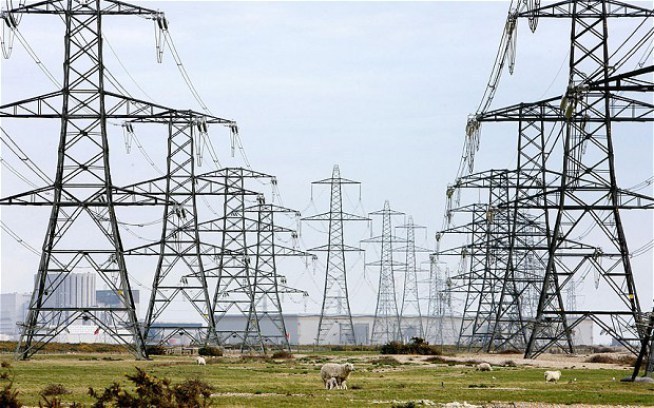The Manufacturers Association of Nigeria (MAN) has condemned the proposed electricity tariff hike by July 1, 2023.
MAN, in a statement issued by its Director General, Segun Ajayi-Kadir, on Friday, June 23, said the plan to increase electricity tariff by 40 per cent would lead to a recession of manufacturing activities and also raise the costs of production.
The association described the proposed electricity tariff hike as outrageous, stressing that the move would increase hardship in the country.
It stated: “A further rise in electricity tariff could lead to the following:
“Costs of production will soar: Higher electricity tariff will directly increase the cost of production for manufacturers. Already, we have energy constituting between 28-40% in the cost structure of manufacturing industries. You can imagine the impact on manufacturing industries that are energy-intensive such as metal processing, heavy machinery, and chemicals manufacturing.
“Profit margins will reduce: A spike in the electricity tariff will erode the profit margin of the manufacturers and reduce their ability to expand operations and create new jobs
“High probability of activities paralysis: This is a definite possibility among small and medium-sized enterprises (SMEs) who are unable to accommodate the higher price.
“Potential decrease in the revenue collectable by government: The hike in electricity tariff will reduce the manufacturers’ profitability and by extension the quantum of taxes and fees payable to the three tiers of Government. Manufacturers remain the largest income taxpayer in the country. Therefore, in the event of poor income generation due to high costs of production, the government purse will suffer.
READ ALSO: NLC to FG: Shelve proposed electricity tariff hike
“Manufacturers will ultimately pass on the additional cost to the consumers of their products: This will increase the cost of local made products in the market and complicate the rising inflation rate in the country
“Recession of manufacturing activities: An increase in electricity tariff will reduce the purchasing capability. One of the resulting effects is the fall in demand and recession of manufacturing activities over time.
“The sector’s competitiveness will definitely worsen: The high cost of the products will make locally produced items less competitive, when compared with imported alternatives. This is also true of exports, as Nigerian products may find it more difficult to penetrate foreign markets. Such a move will restrict our exports earnings because it will be impossible to compete with counterparts in the global trading environment.
“High probability of outward investment. Some manufacturing industries may consider shifting production to other economies with lower electricity tariffs and guaranteed availability.”
MAN, however, called for urgent diversification of energy sources and intensifying infrastructure investment in the power sector.
It also called for the eradication of “outrageous bills by closing the metering gap through the liberalization of ultimate users’ access to effective mass metering;
“Ensure the connection of all consumers to the electricity grid to avoid free-riding and unfair charges on the few connected consumers;
“Work on efforts to increase the electricity supply base in order to distribute the total cost among a high number of consumers at a much lower unit cost;
“States and private investors should rise up to the challenge by taking advantage of the Electricity Act 2023 to eradicate the energy poverty of their people.”
- Dangote varsity: No student died in our hostel - May 4, 2024
- Naira gains, exchanges at N1,400 against dollar - May 4, 2024
- 30 Kwara school students score above 300 in 2024 UTME - May 3, 2024










